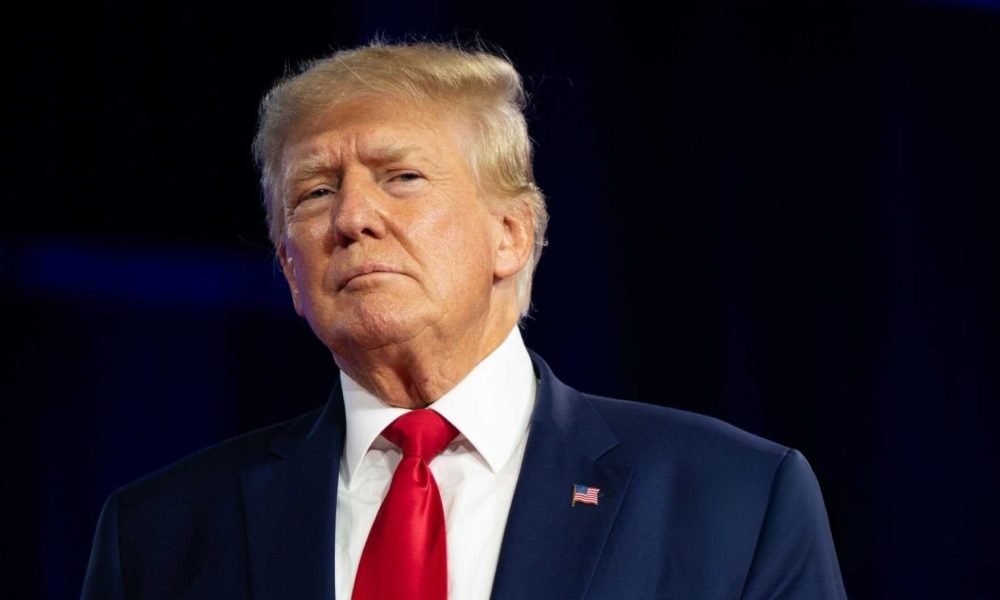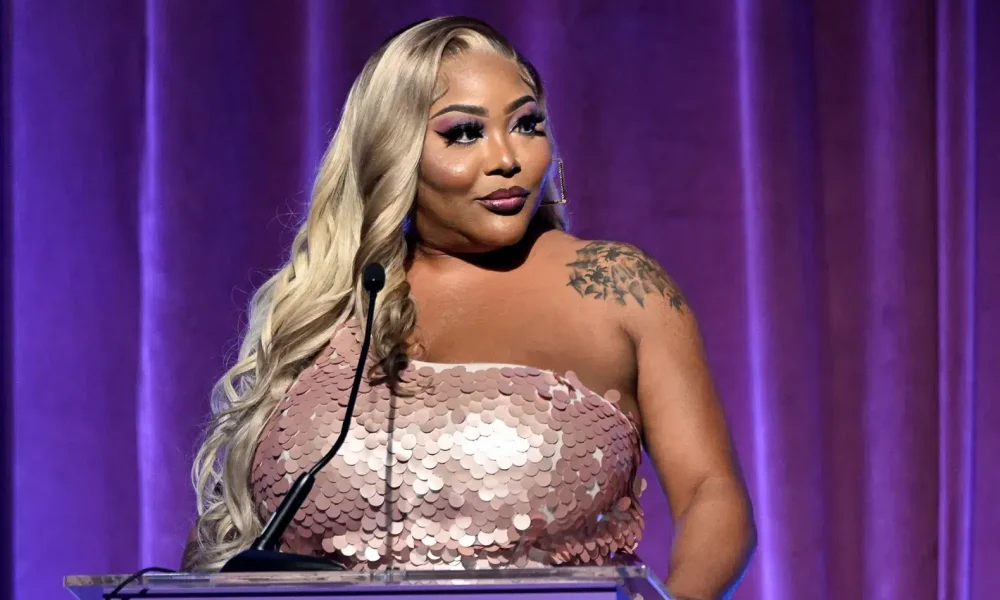A coalition of Quaker organizations has filed a lawsuit against the Trump administration, challenging immigration policies that they argue violate religious freedom principles. The lawsuit, filed in federal court, claims that the administration’s recent immigration actions directly conflict with the Quaker faith, which upholds values of hospitality, justice, and compassion toward immigrants and refugees.
The plaintiffs, which include the American Friends Service Committee (AFSC) and other Quaker organizations, contend that policies such as family separations, the so-called “Muslim Ban,” and the reduction in refugee admissions violate both U.S. constitutional protections and international human rights standards. These policies, the Quakers argue, have led to increased suffering among vulnerable populations and contradict the central tenets of their religious beliefs.
Religious Freedom and the Quaker Faith
Quakerism, or the Religious Society of Friends, is a Christian denomination with a long history of advocating for peace, social justice, and humanitarian aid. Central to Quaker beliefs is the idea of “hospitality” and the recognition of the “Inner Light” in every person, which calls for unconditional compassion and respect for all individuals, regardless of their background, nationality, or faith.
The lawsuit asserts that the Trump administration’s stance on immigration—especially the practice of separating families at the U.S.-Mexico border and the restrictive refugee policies—has forced Quaker groups to choose between their religious convictions and their efforts to assist those in need.
“We believe that these actions are an affront to the values we hold dear as people of faith,” said the AFSC in a statement. “Our work to provide care and advocacy for immigrants and refugees is not just a political stance, it is an act of faith. These policies are forcing us into a position where we cannot fulfill our religious obligations.”
The Impact of Immigration Policies
The Trump administration’s hardline approach to immigration has been one of the most controversial aspects of its tenure. Key policies, such as the “zero tolerance” policy that led to family separations, the travel ban targeting predominantly Muslim countries, and the steep reduction of the refugee cap, have drawn sharp criticism from religious groups, human rights organizations, and international bodies.
One of the most significant changes under the Trump administration has been the dramatic reduction in the number of refugees the U.S. is willing to accept. Since taking office, President Trump has slashed the refugee admissions cap, bringing it to historically low levels. At its peak, the U.S. accepted over 100,000 refugees annually, but under Trump, that number has dropped to less than 30,000, with the 2020 cap set at just 18,000.
The Quaker groups involved in the lawsuit argue that these actions contradict the values of care and compassion they practice in their faith communities. For Quakers, welcoming immigrants and refugees is not only a social responsibility but a religious duty grounded in the teachings of peace and justice.
“These policies are deeply harmful to individuals and families seeking safety and a better life,” said a spokesperson for the plaintiffs. “They conflict with our most fundamental moral obligations as religious people to care for those who are vulnerable.”
Legal Grounds for the Lawsuit
The lawsuit raises several legal issues, including constitutional violations related to freedom of religion and equal protection under the law. The plaintiffs argue that the administration’s immigration policies are imposing undue burdens on religious organizations that are actively involved in providing assistance to immigrants and refugees. This includes legal services, housing, food, and other critical support.
The suit also challenges the violation of international human rights treaties that the United States is bound to uphold. The plaintiffs claim that the U.S. government’s immigration policies undermine the principles enshrined in the Universal Declaration of Human Rights, which guarantees the right to seek asylum and protection from persecution.
Quaker groups have long been involved in advocacy work on behalf of immigrants and refugees, and this lawsuit is part of their ongoing effort to challenge policies they view as unjust. In recent years, the AFSC has been particularly vocal in opposing family separations, the expansion of detention centers, and other policies that they say harm vulnerable communities.
Broader Support and Reactions
The Quaker lawsuit is part of a broader pushback against the Trump administration’s immigration agenda, with numerous religious, civil rights, and humanitarian organizations taking legal and public action against the administration’s policies. Catholic, Jewish, and Evangelical groups have also expressed opposition to the treatment of immigrants under the current administration, and several of these organizations have filed lawsuits as well.
Religious leaders have frequently criticized the administration’s policies, with many arguing that the U.S. should be a place of refuge and sanctuary for those fleeing violence, poverty, and persecution. The lawsuit filed by the Quaker organizations underscores the ongoing clash between religious values and government policies that some religious groups view as inconsistent with their faith’s teachings.
“We are deeply concerned about the message this administration is sending,” said an AFSC representative. “Immigrants are not the problem—they are our neighbors, and we are called to love and care for them.”
The Quaker lawsuit against the Trump administration highlights a growing divide over immigration policy in the United States and underscores the tension between government actions and religious values that emphasize compassion and justice for vulnerable populations. As the legal battle unfolds, the Quaker groups involved in the case are committed to continuing their advocacy work on behalf of immigrants and refugees, regardless of the outcome.
With the future of U.S. immigration policies uncertain, the Quaker groups’ lawsuit is a reminder of the broader ethical and religious debates surrounding the treatment of immigrants and the role of faith-based organizations in shaping public policy. The case could have significant implications for the intersection of religious freedom and government immigration practices in the years to come.











